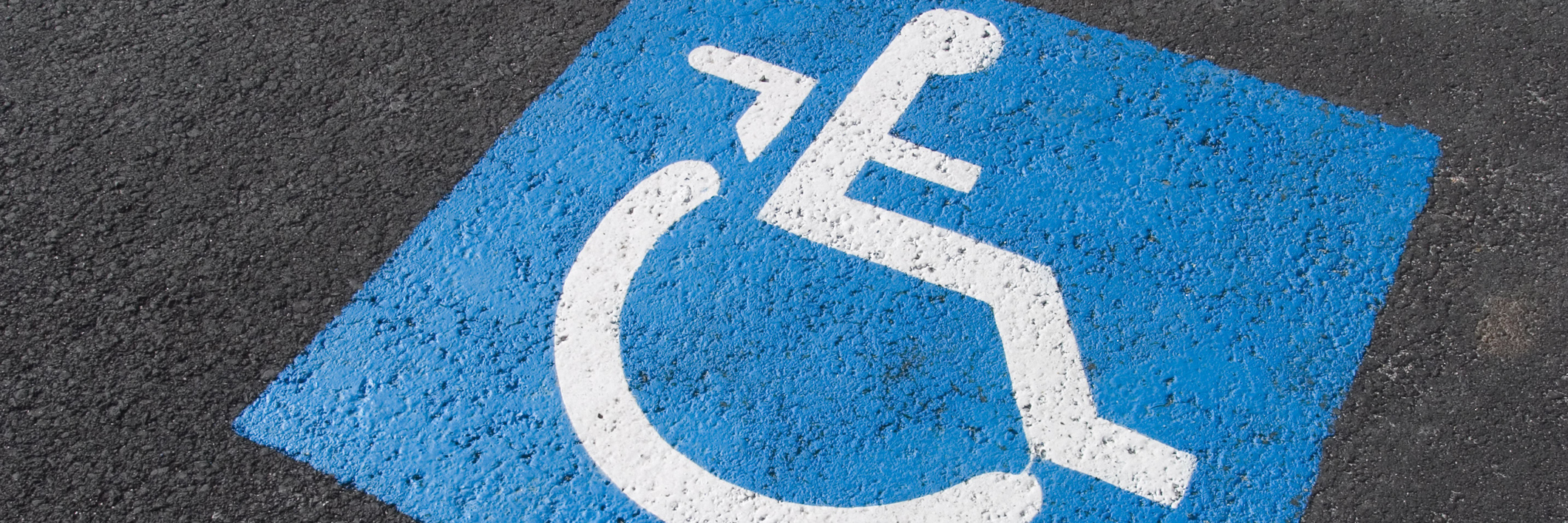Life isn’t easy for anyone. Even those who are millionaires who seem to have “everything” have issues with who they can trust, what future goals they should have, how popular they are and whether they can manage their lack of privacy. Those with influence worry about losing it. In fact, having lots of “stuff” leaves us open to “losing stuff.” Stressful or what? Is it better not to have had a taste of something because forever you will crave it? Whereas if you had never tasted the “nectar,” you don’t have the misery of living without it. Maybe the Buddhists have the right idea.
Then there are those of us who live with chronic pain. Many of us have lived a life without it at some point. We have savored the “nectar,” the waking in the morning feeling fresh and pain-free, the feeling of a clean, healthy body, or healthy-ish! And yes, for us, life is definitely not easy. In fact, it can be a huge challenge to get through the day – even the moments of each day. Our goals are not those that grant you a Nobel prize, make you a millionaire or get your face on a magazine cover, but simply the goal of surviving the day, managing the quantity of pain the day bestows on us, but increasingly more often, dealing with judgment from sources such as assessors, medical professionals, friends, family, employees, but most frustratingly, members of the public, our community, our home towns and cities, the area we share our days in, that form our everyday lives, that we write on our self-addressed envelope.
I have lost count of the times I have parked in the disabled bay and gotten “the stare” or “the look” from a person as they guess my age, then my disability, as they watch how I move or if I use a crutch, and make an assumption on the spot whether I am justified to park in a disabled bay. Why? Why do they do that? Do they get up that morning thinking to themselves, “I will be judge and jury today over those who park next to me. I will be the judge and jury over a total stranger without knowing them or asking them about their life, without even saying the words, ‘How do you feel?’ Today I will ruin someone’s day. Today I will make them feel sad, victimized, violated and lonely. Today I will exploit someone’s vulnerability, and make them feel even worse than they already do, and all because they do not match the symbol on the concrete beneath their car as they park.”
How I hate that sign, that symbol that labels disability as only those who have a wheelchair, and in doing so, deems those who don’t have a wheelchair as not having a disability, something which affects the moments they walk to when they manage to sleep, tainting each moment, each movement, each breath. You can have a wheelchair for many reasons and be without pain, be able to eat and drink, be able to laugh and see and hear and talk. But you can also have no wheelchair and live with a disability which creates weakness, pain and fatigue and causes you to have a tube in your stomach, be unable to eat normally, take nearly a hundred tablets a day, live on pain relief, never sleep, cry each day because the pain never ceases or only manage a day at a time.
I don’t use a wheelchair, but I’m certainly disabled. Every part of my life is affected by my illness. I can’t even eat or drink without pain, but there is no symbol for that. I can’t sit without pain, let alone walk, but I don’t use a wheelchair. How do I show that to those who judge me? It tires me, exhausts me even more, that those who form my community show so much hostility because of a simple thing as parking in a disabled bay and considering me “not disabled enough.”
How I wish that symbol on the tarmac floor would change, that the symbol on the toilet door would change and even the symbol on the badge I use to park would change – to one that encompasses those with hidden disabilities, those whose pain keeps them awake each night, those who have anxiety, those whose movements make them wince, those who cry from loss of independence and those who are lonely with the solitary existence of their illness and exhausted by their endeavors to carry on.
We want to hear your story. Become a Mighty contributor here.
Thinkstock photo via Ingram Publishing.

